The tightening of the conditions for practice aims to eliminate the situation of "amateur" brokers, lacking professional knowledge, operating spontaneously, leading to consequences such as price inflation, providing false information, receiving deposits against regulations and defrauding buyers. However, in reality, most brokers do not ensure compliance with the provisions of the law. Along with that, many training courses are opened widely but are not substantial.
Most brokers are not qualified to practice.
Real estate brokers are currently facing a worrying situation, which is that the majority of the current broker force does not have a practice certificate or the certificate has expired. According to a survey by the Vietnam Association of Realtors (VARS), about 89% of brokers are in this situation. Of these, 51.8% do not have a certificate and have never been trained, 24.1% have been trained but do not have a certificate, and 12.8% have a certificate but it has expired. Currently, only 11.3% own a valid practice certificate.
This situation is getting worse as the organization of real estate brokerage exams and certifications is still facing many bottlenecks. Mr. Nguyen Ngoc Lam (a broker in Hanoi ) shared that his old certificate expired more than half a year ago but he still cannot take the exam to get a new certificate.
“The fact that the certificate has expired but has not been renewed has caused many difficulties for professional brokers like us. According to regulations, without a practice certificate, brokers cannot operate and receive commissions. We also hope to take the exam soon to be re-issued the certificate. The problem is that there are currently no implementation guidelines, so the Department of Construction cannot reopen the exams,” said Mr. Lam.

According to research, in Hanoi, although the Hanoi People's Committee is responsible for organizing the assessment and granting of certificates from August 1, 2024 to June 30, 2025, it has not been implemented during this period. According to Deputy Director of the Hanoi Department of Construction Dao Duy Phong, these assessment exams cannot be implemented because there are many problems related to the authority of many individuals and organizations (such as the Chairman of the City People's Committee, Chairman of the Examination Council, Department of Construction), leading to time-consuming coordination and failure to utilize resources. "In addition, the Law on Fees and Charges 2024 does not yet stipulate the collection of fees for granting certificates, causing Hanoi to have no basis to organize exams and grant certificates," Mr. Phong explained.
Dr. Nguyen Van Dinh, Chairman of VARS, said that the fact that localities have not been able to organize exams to grant certificates to brokers in recent times is a matter of concern. Most localities still do not have a plan to organize exams, causing instability and anxiety for the real estate service business community.
"Illegal training" and unpredictable consequences
In the context of urgent need for certificates and delays in organizing exams, the situation of "underground training" or training facilities that do not ensure legal conditions is flourishing. Recently, VARS had to issue a warning about this situation. The risks for learners when participating in these "underground" courses are very high. According to VARS, these activities not only seriously affect the rights of learners but also negatively impact the quality of human resources, the image of the brokerage profession and the effectiveness of state management of the market.
Common violations of "underground training" facilities include: Taking advantage of the name of "seminars" and "experience sharing" to collect tuition fees and issue certificates against regulations; Cutting the training program; No practical courses, no final exams, no output capacity assessment; Instructors do not have appropriate expertise, lack pedagogical certificates or rely only on personal experience; Not storing student records and training records according to regulations; Issuing invalid certificates, not recognized by competent authorities, posing potential risks when used in examination procedures or establishing real estate trading floors.
However, even though it is only "underground training" with "unstable" quality, these facilities still charge full tuition, ranging from 2 to 2.5 million VND/course. Students not only suffer financial losses but are also not equipped with basic professional knowledge, easily becoming a weak human resource, causing consequences for the market. Paradoxically, such poor quality courses are very "attractive", while courses organized by professional, reputable units with quality teaching content are less attractive, even "criticized" by students due to strict requirements in studying and taking exams. According to VARS, the violations of "underground training" facilities lead to serious consequences for members and learners such as: Rejection of application for professional practice certificate exam; Not meeting legal conditions when applying for permission to establish a real estate trading floor; Financial losses due to fraud, not being refunded tuition; Legal risks if using invalid or counterfeit certificates.
For the market, the increasing number of unprofessional brokers lacking basic knowledge leads to risks for customers such as providing incorrect legal advice, unqualified land brokers, marketing "ghost" projects, and "inflating" prices, causing virtual fever in the market. This is not just a story of a few irresponsible training institutions, but a direct threat to the transparency and sustainability of the entire real estate market. Therefore, Dr. Nguyen Van Dinh, Chairman of VARS, said that the authorities need to immediately inspect, examine and strictly handle illegal training activities to end the situation of "collecting real money, providing fake training", protecting the rights of students and the reputation of the real estate training market. Along with that, state management agencies need to publicize the list of qualified units to train and foster knowledge to issue practice certificates in accordance with regulations. Speed up the organization of qualifying exams, do not leave gaps that allow "half-hearted" brokers to exist for a long time.
Source: https://cand.com.vn/Xa-hoi/bao-dong-tien-that-hoc-gia-cac-khoa-hoc-moi-gioi-bat-dong-san-i776939/


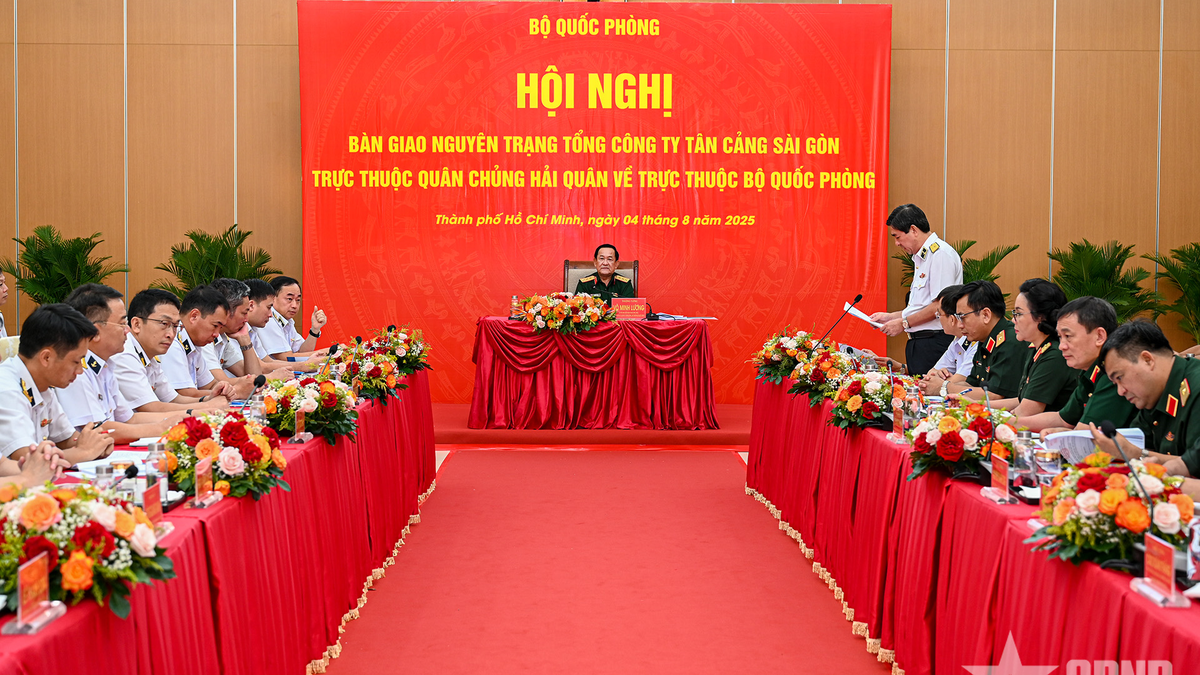
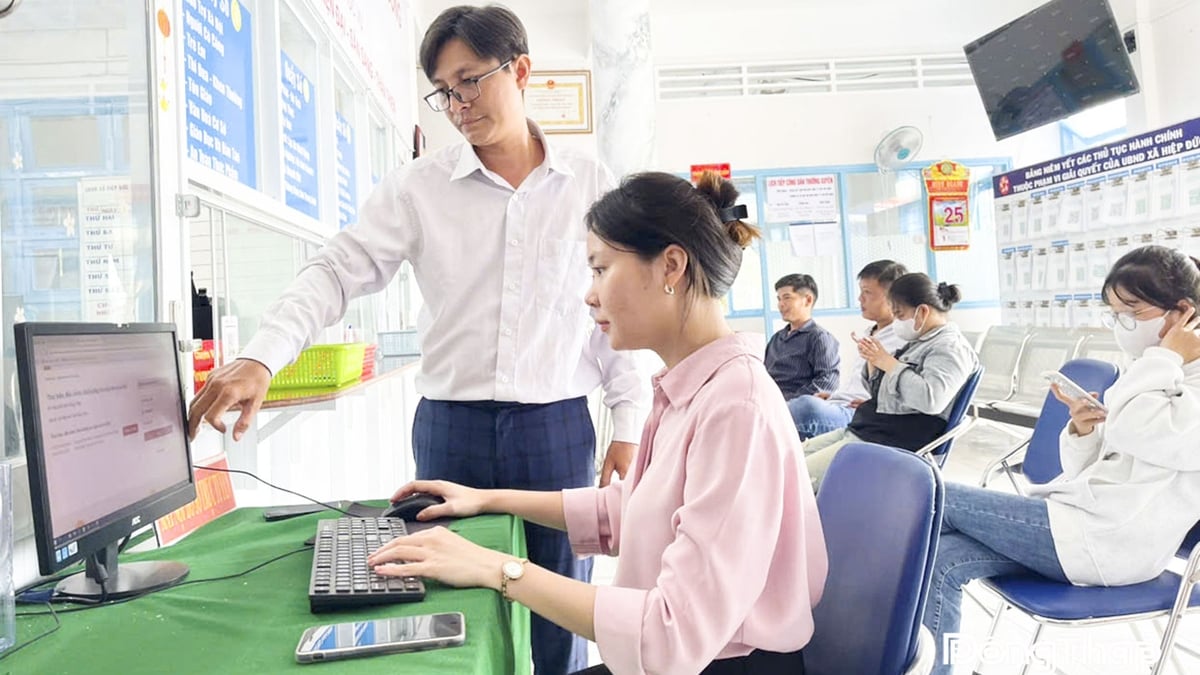



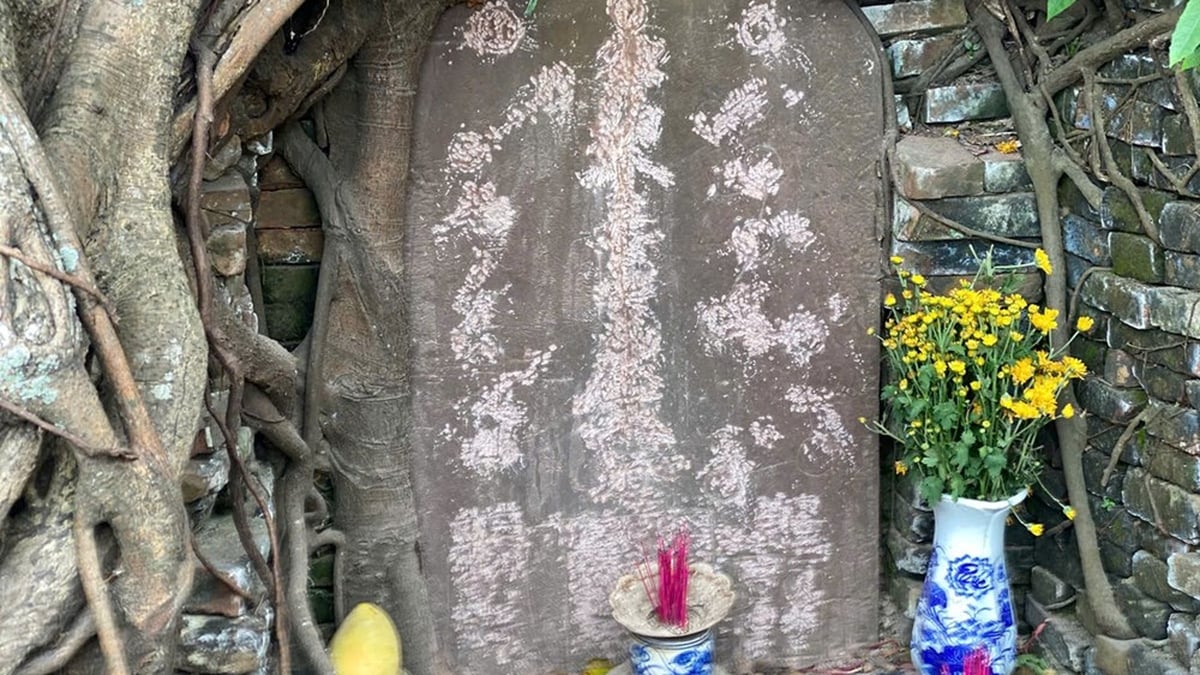
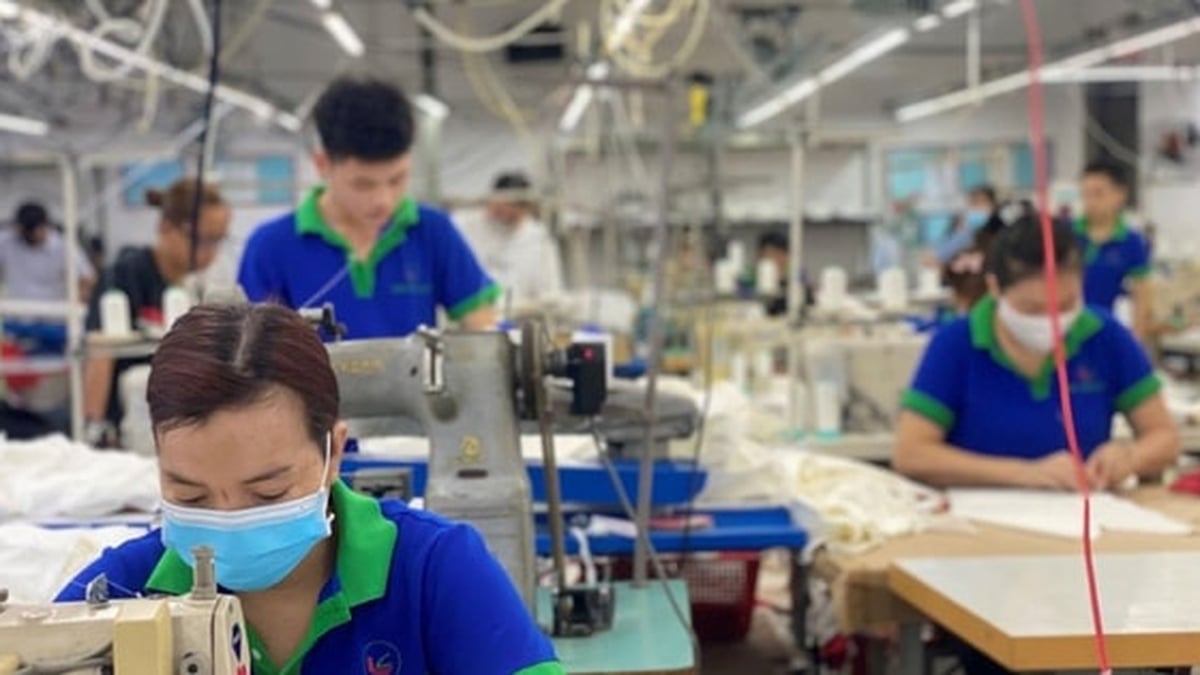
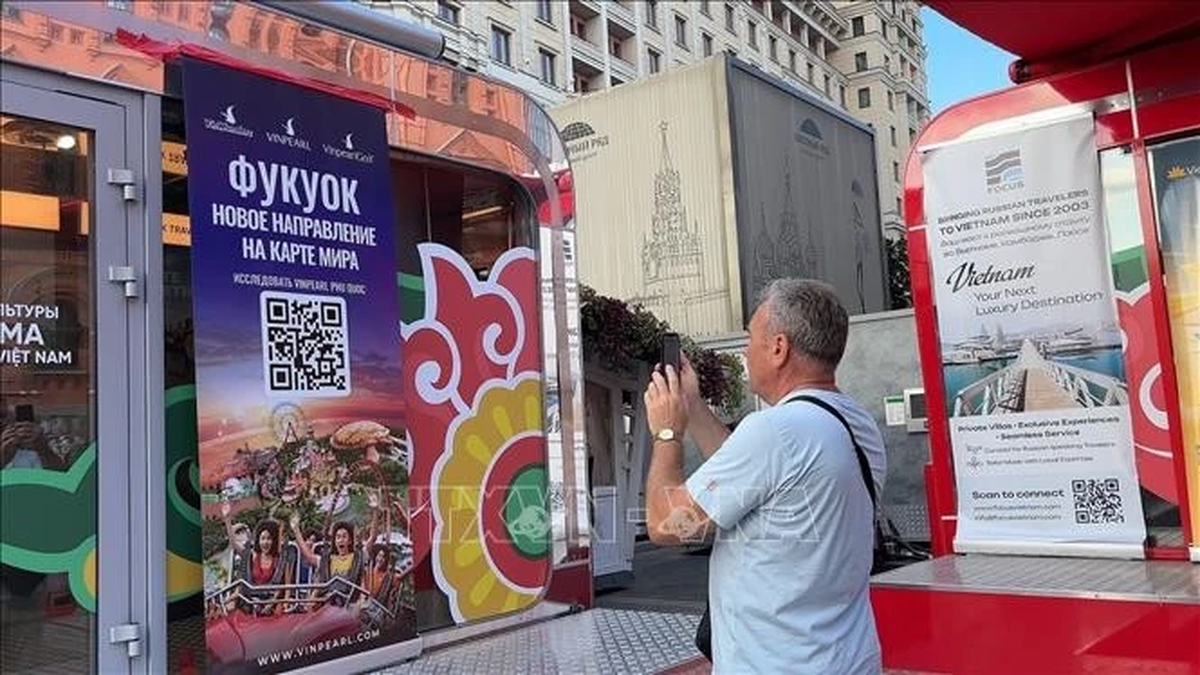

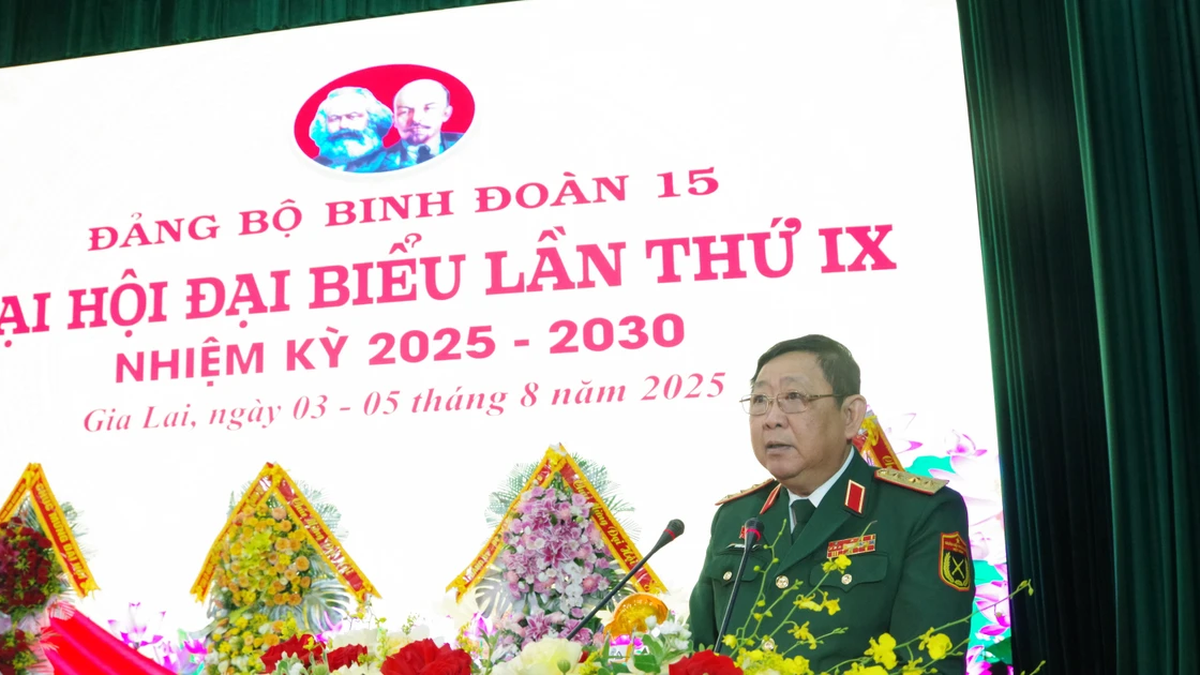










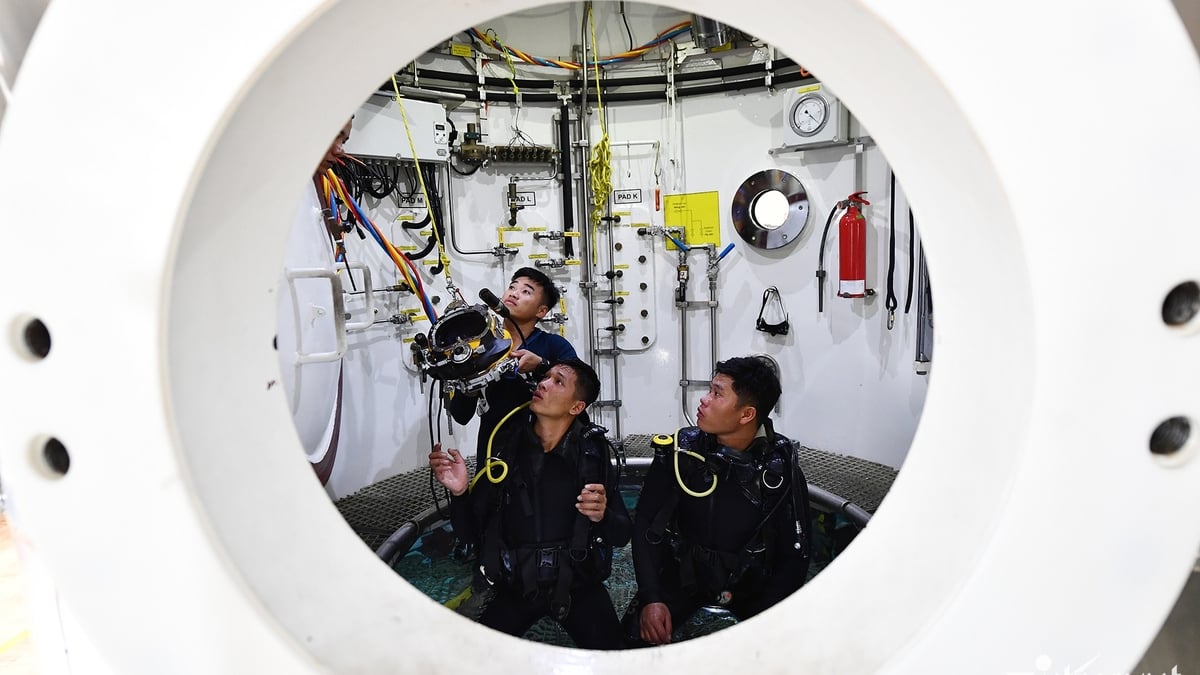
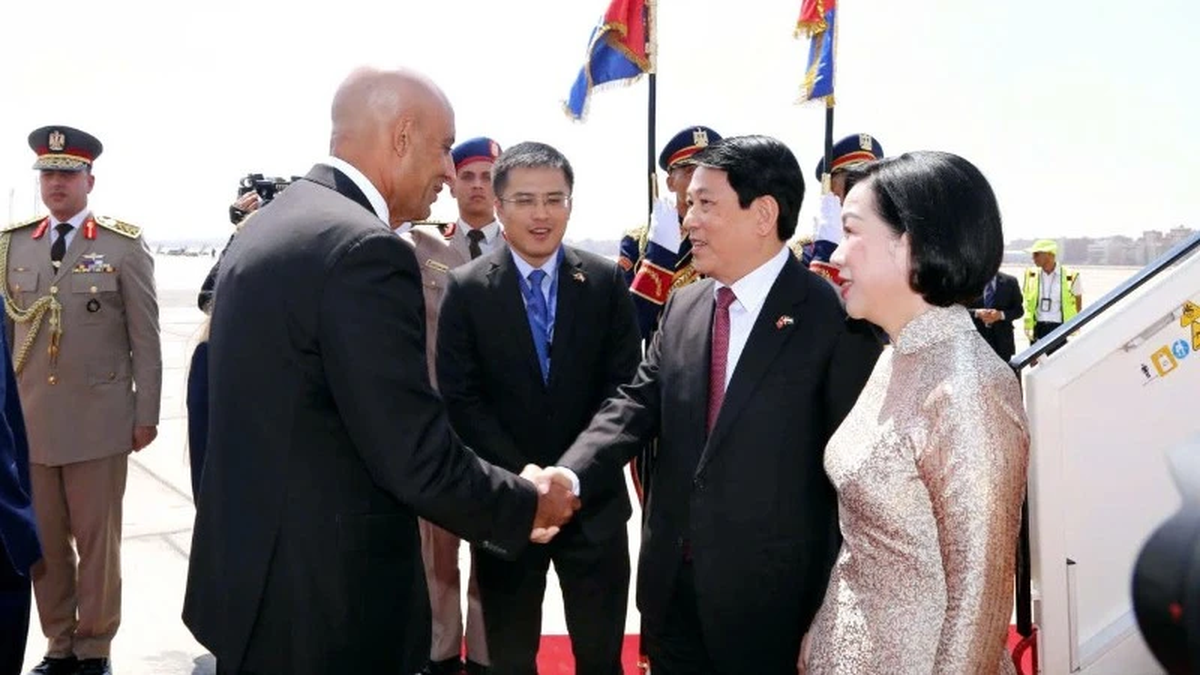









































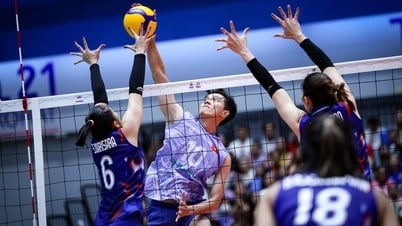


![[Infographic] Traditional friendship and good cooperation between Vietnam and Egypt](https://vphoto.vietnam.vn/thumb/402x226/vietnam/resource/IMAGE/2025/8/4/9a2112b4046e4c128fdcb5403489866a)

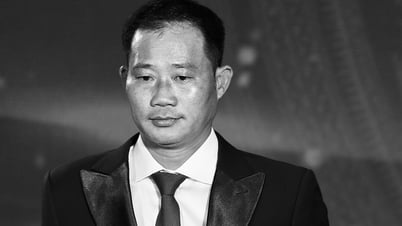


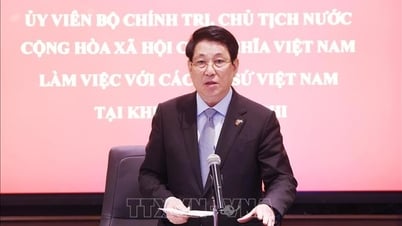

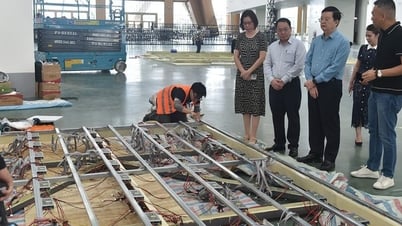

























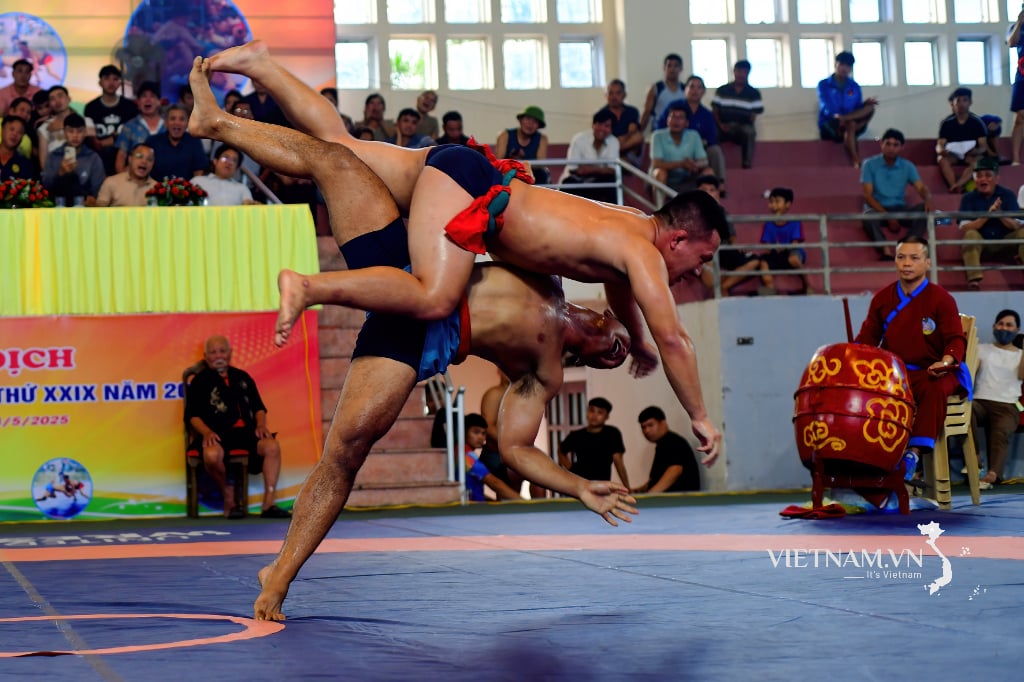
Comment (0)